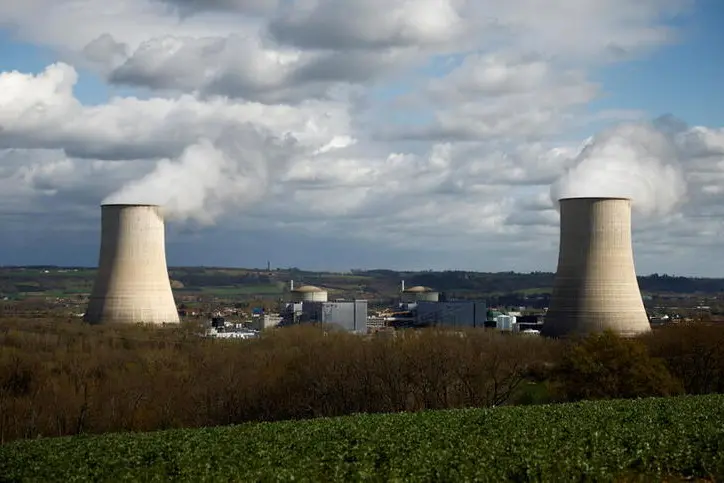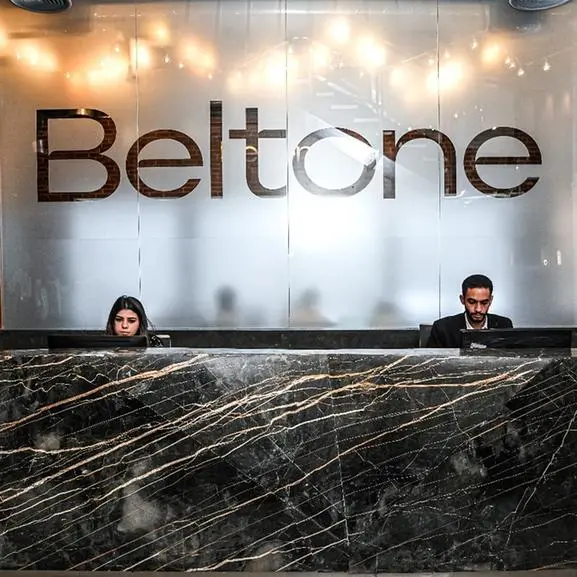PHOTO
LONDON- Britain plans to adopt a new model to fund its nuclear energy expansion that will see households pay for new plants while they are still being constructed through energy bills, the government said on Tuesday.
Britain aims to reach net zero emissions by 2050, which will require a huge increase in low-carbon power generation such as wind, solar and nuclear.
The country is hoping to build a fleet of new nuclear plants to help replace aging coal and nuclear facilities and cut greenhouse gas emissions, but developers have struggled to finance new projects.
The new Nuclear Energy (financing) Bill will propose using the regulated-asset-based (RAB) model through which companies building new plants would be paid during the construction phase, cutting down their development risk and allowing them to secure cheaper financing for the projects.
Proponents say the model, previously used in the UK to finance monopoly infrastructure assets such as water, gas and electricity networks, would ultimately lower the cost of new projects for consumers.
Critics of RAB say it will leave taxpayers liable for any cost over-runs and delays during construction.
The government said the scheme would likely add a few pounds to typical household bills during the early stages of construction and on average less than 1 pound a month during the full construction phase.
It also estimated that the model could save more than 30 billion pounds ($41 billion) over the lifetime of a new nuclear project and attract funding from British financial institutions.
"The existing financing scheme led to too many overseas nuclear developers walking away... We urgently need a new approach to attract British funds and other private investors," Business and Energy Secretary Kwasi Kwarteng said in a statement.
($1 = 0.7272 pounds)
(Reporting By Susanna Twidale and Kate Holton; editing by John Stonestreet) ((susanna.twidale@thomsonreuters.com; +44 207 5424753;))





















